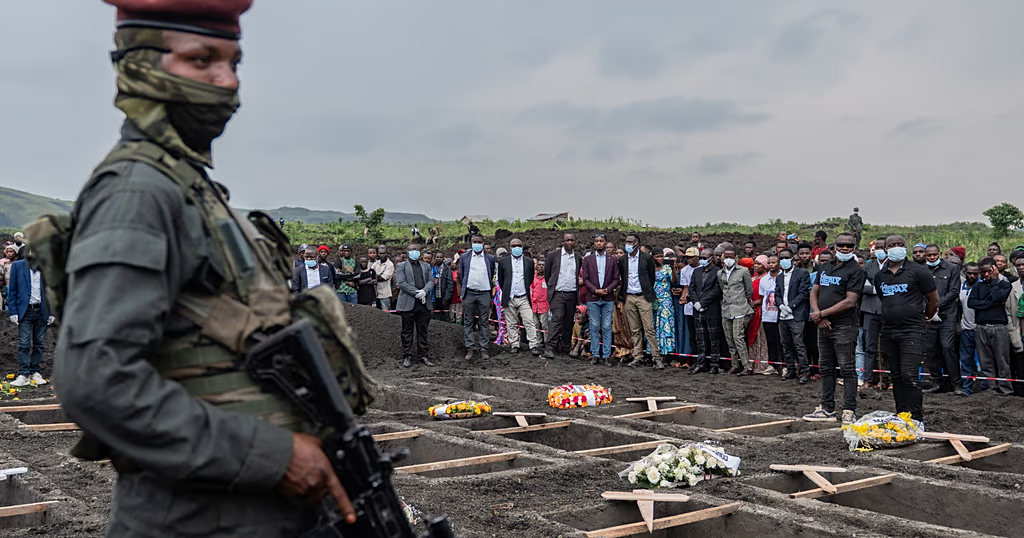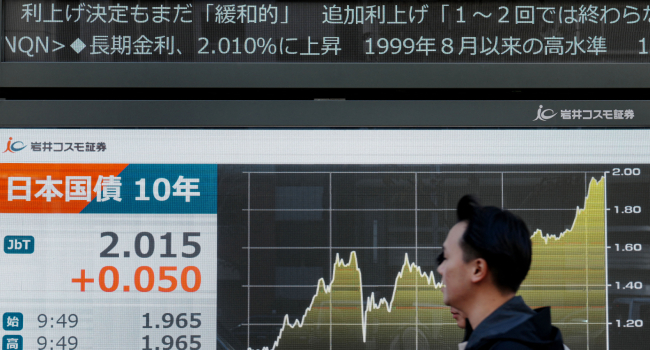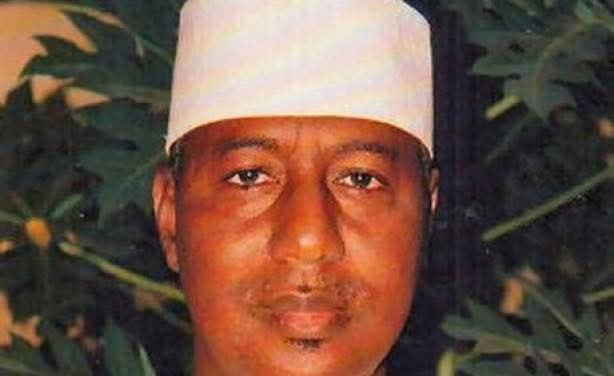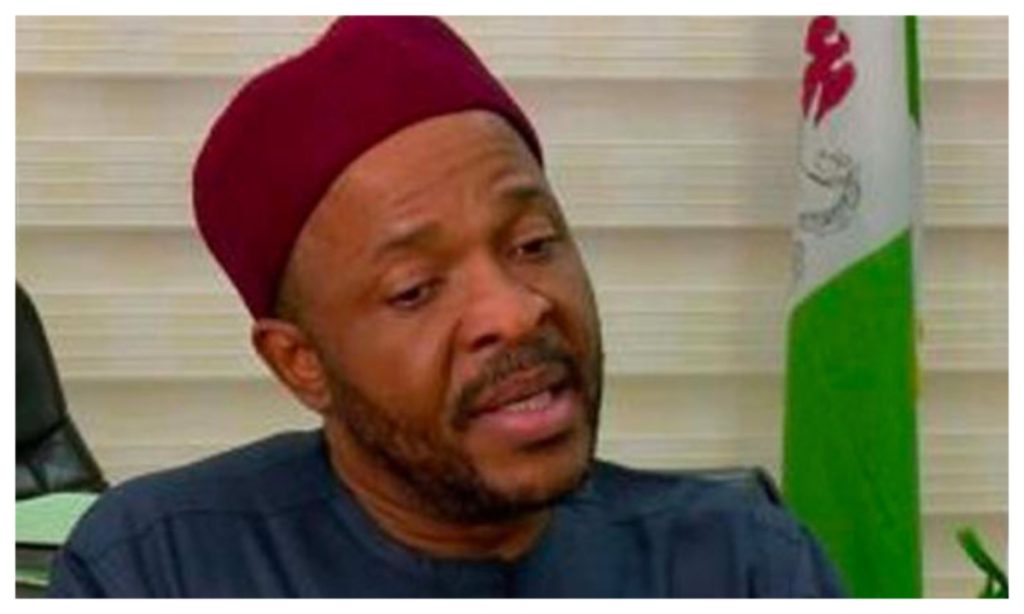Zambian Police Summon Catholic Priest for Questioning Over Sermon
In a concerning turn of events, Zambian police have summoned Catholic priest Fr. Andrew Chewe Mukosa for “interviews” at the Copperbelt Police Headquarters. The summons, shared online, provided little information about the investigation’s subject, raising questions about the motives behind the request.
Reports indicate that Fr. Mukosa’s sermon on Good Friday, delivered in his local language, touched on pressing issues such as the high cost of living, youth unemployment, and frequent power outages plaguing Zambia. This sermon seems to have caught the attention of authorities, leading to the priest’s summons for questioning.
The situation highlights a broader trend of crackdowns on dissent in Zambia, despite hopes for improved human rights under President Hakainde Hichilema’s leadership. Journalists, youth activists, and political opposition figures have faced harassment for speaking out against the government. The authorities have also utilized the Public Order Act of 1955 to stifle opposition activities, further restricting freedom of expression and assembly.
The United Nations Human Rights Committee has expressed concerns about the suppression of peaceful assemblies and protests in Zambia, citing arbitrary arrests, injuries, and property damage during anti-government demonstrations. Civil society and human rights organizations have called on the government to uphold these fundamental rights through appropriate legislation.
Opposition member of parliament Sunday Chanda condemned Fr. Mukosa’s summons, emphasizing the importance of a thriving democracy that respects freedom of expression and association. Instead of curbing these rights, Zambian authorities should work towards safeguarding them to strengthen the country’s democratic foundation.
It is crucial for authorities to ensure the freedoms of association, assembly, and expression for all individuals in Zambia. Upholding these rights is essential for a functioning democracy and the protection of citizens’ voices.



